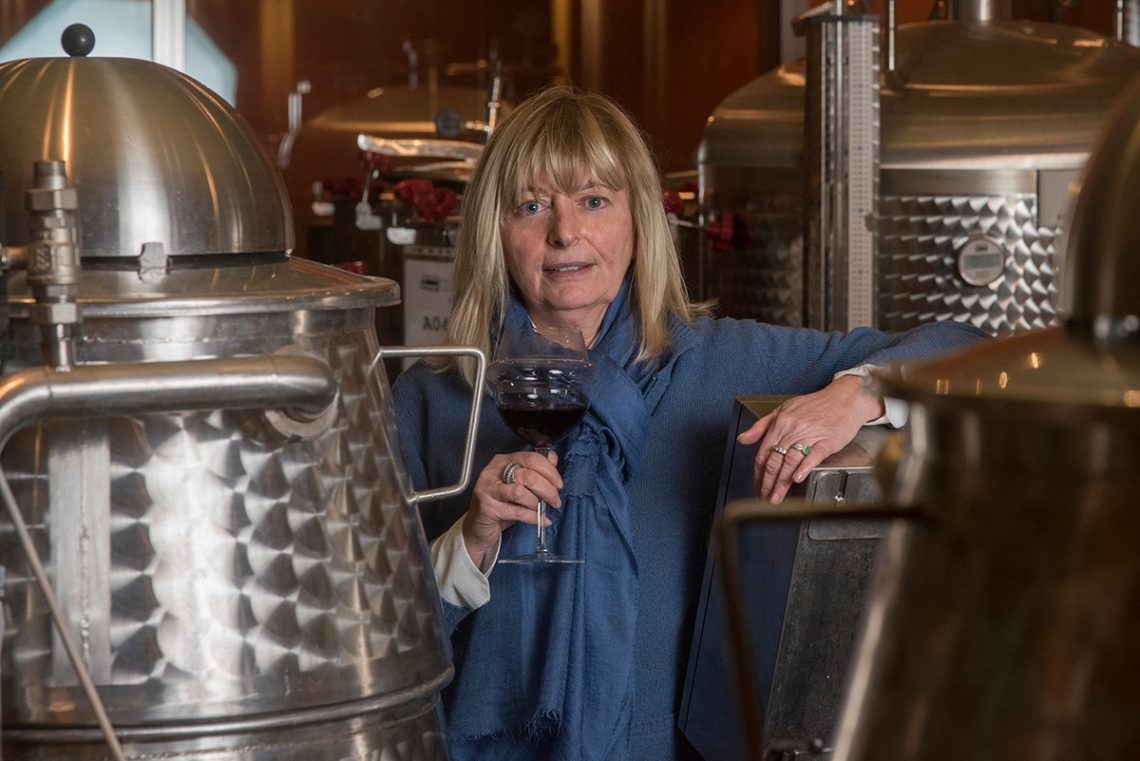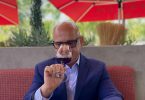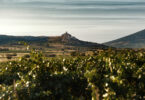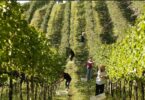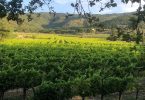Dora Marchi was born in S. Casciano in Val di Pesa, in the province of Florence. After graduating first in Biology and then in Oenology, she consolidated her university skills in the “field” at the Antinori company, in the heart of Tuscany. After this professional path, which lasted 12 years, she moved to Piedmont where, for over twenty years, she has collaborated with Enosis, a Consultancy and Research Center, projected towards the challenges of the future in the field of oenology.
Currently, she holds the role of Technical Director and Head of the Quality Control Laboratory, with a high profile professional curriculum: university professor at the University of Turin, she is part of the OIV (International Organization of Wine and Vineyard) Oenological Technology Commission, in quality of biological expert and oenologist, just to name a few.
Among the wines, she prefers rosé wines, on which she has carried out numerous researches and experiments. She loves Pinot Noir and indigenous varieties from Italy and the world.
For the interview visit Piero Pardini Wine Reviews.


